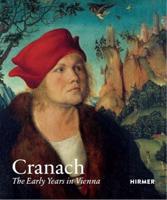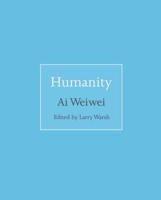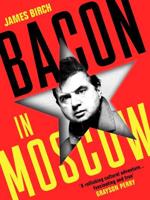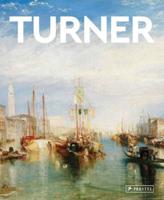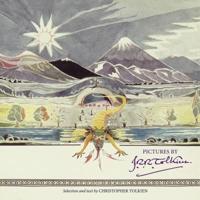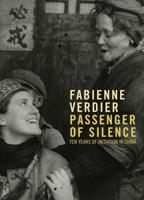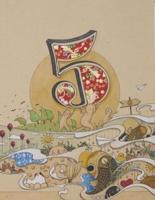Publisher's Synopsis
Joseph Cornell (1903-1972), the American pioneer of collage, montage, and assemblage art, is sometimes regarded as a solitary star within the constellation of great Surrealists. The essays in Joseph Cornell and Surrealism consider connections between Cornell and the Surrealist group during the 1930s and 1940s, during Cornell's artistic development and the heyday of Surrealism in the United States. He shared with the Surrealists his basic conception of the visual image as the product of poetic juxtaposition. In his best-known works-the collages, small constructions of found objects, and classic shadow boxes-he took key Surrealist methods in new directions. The essays also examine Cornell's achievement in other formats, including his ground-breaking collage film and the open-ended and nonlinear archives of printed materials that he called "explorations," as well as the art, literature, music, and dance that nourished his unconventional artistic output.
The essays in this volume were commissioned for the catalogue Joseph Cornell et les surréalistes à New York, published to accompany the exhibition of the same name that was co-organized by the Musée des Beaux-Arts de Lyon and The Fralin Museum of Art at the University of Virginia.
Aside from the editors, the contributors are Stephen Bann, Emmanuel Guigon, Lynda Roscoe Hartigan, Jodi Hauptman, Howard Hussey, Ségolène Le Men, Camille Lévêque-Claudet, Patrick Mauriès, Anne Morra, and François-René Martin.

